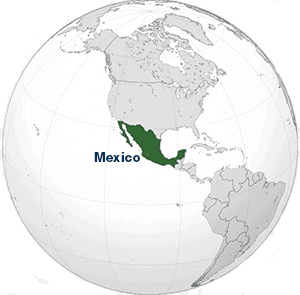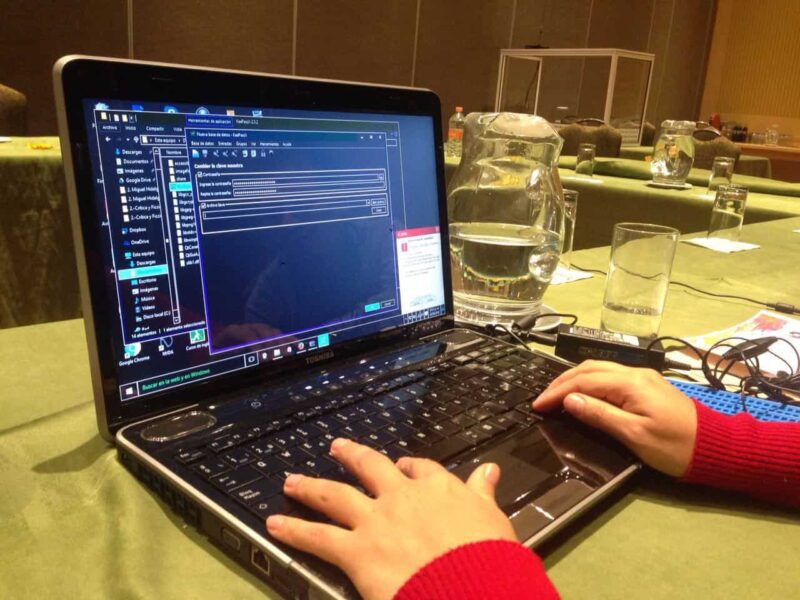Making Accessibility a Priority
 Accessibility Lab’s mission is to promote and defend digital rights, so that all people have equal access to information.
Accessibility Lab’s mission is to promote and defend digital rights, so that all people have equal access to information.
KeePassXC is a free, open-source tool that allows users to store and retrieve passwords safely and securely, on a range of platforms.
Jonathan, one of the developers, explained that before USABLE, accessibility and usability were not priorities for the team:
“We don’t keep track of who uses KeePassXC. We never heard from people with disabilities, so we weren’t making improvements with them in mind.”
In 2016, the USABLE Tool Feedback Training in Mexico City held a session on KeePassX (XC’s predecessor), with participants using screen readers. The purpose of this was to test the tool’s usability for people with visual impairments.
Participants were able to install the software and carry out basic tasks, but navigation using a screen reader was difficult. Although KeePassX was translated into Spanish, it didn’t work with the screen reader: either an item was completely inaccessible, or the reader read the Spanish text in English – often with a Spanish accent.
Not only did the session enable the developers to understand this problem, but several participants offered to test updated versions of the tool, as volunteers. This kind of ongoing, expert support would not have been available to KeePassXC outside the project.
The following year, one of the KeePassXC developers took the opportunity to spend time with a group of USABLE’s digital security trainers from the Eastern Europe / Eurasia region, calling into the UX Workshop for an ‘Ask Me Anything’ session.
Before the call, trainers were unconvinced that developers were really interested in feedback, and were skeptical about whether their input would really be considered.
The developer was able to persuade the trainers that the ‘user personas’ they created, and other forms of feedback, were critical for the tool’s improvement. Following the session, trainers were much more motivated to gather and send feedback.
In 2018, USABLE connected KeePassXC with Okthanks and AccessibilityLab, for expert consultancy on user engagement and designing for at-risk communities and people with disabilities.
“Ask Me Anything”
Many digital security trainers and at-risk end users have not met or communicated with a tool developer. Arranging a virtual call during which participants can ask developers a range of questions is a simple way to begin a relationship.
This interaction will allow users to put a face to the project and understand who is working on the tool that they use in their daily lives.
Having these two organisations working together gave KeePassXC the opportunity, for the first time, to consider users’ experience in a wide range of scenarios. This, informed by the Personas created by USABLE participants and feedback from trainers throughout the project’s lifetime, gave a 360° view of the needs, challenges and limitation of an extremely diverse user group.
In total, KeePassXC made over ten concrete changes to the tool as a direct result of USABLE intervention, ranging from making text easier to read, to incorporating start-up guides in all versions.
These changes have made KeePassXC more usable for people with and without disabilities, and people working in insecure, internet-hostile environments.
Most critically, Jonathan says that the team’s attitude to design and development has been transformed by USABLE.
“Before, I knew accessibility was an issue, but it wasn’t a priority. Now, we think about it from the very start. This project has reframed my understanding of human-centered development. Instead of focusing on the feature, focus on who’s going to use it. USABLE helped me to better frame why this is important.”
(Banner photo: A screen reader in use with KeyPass. Credit Internews)
